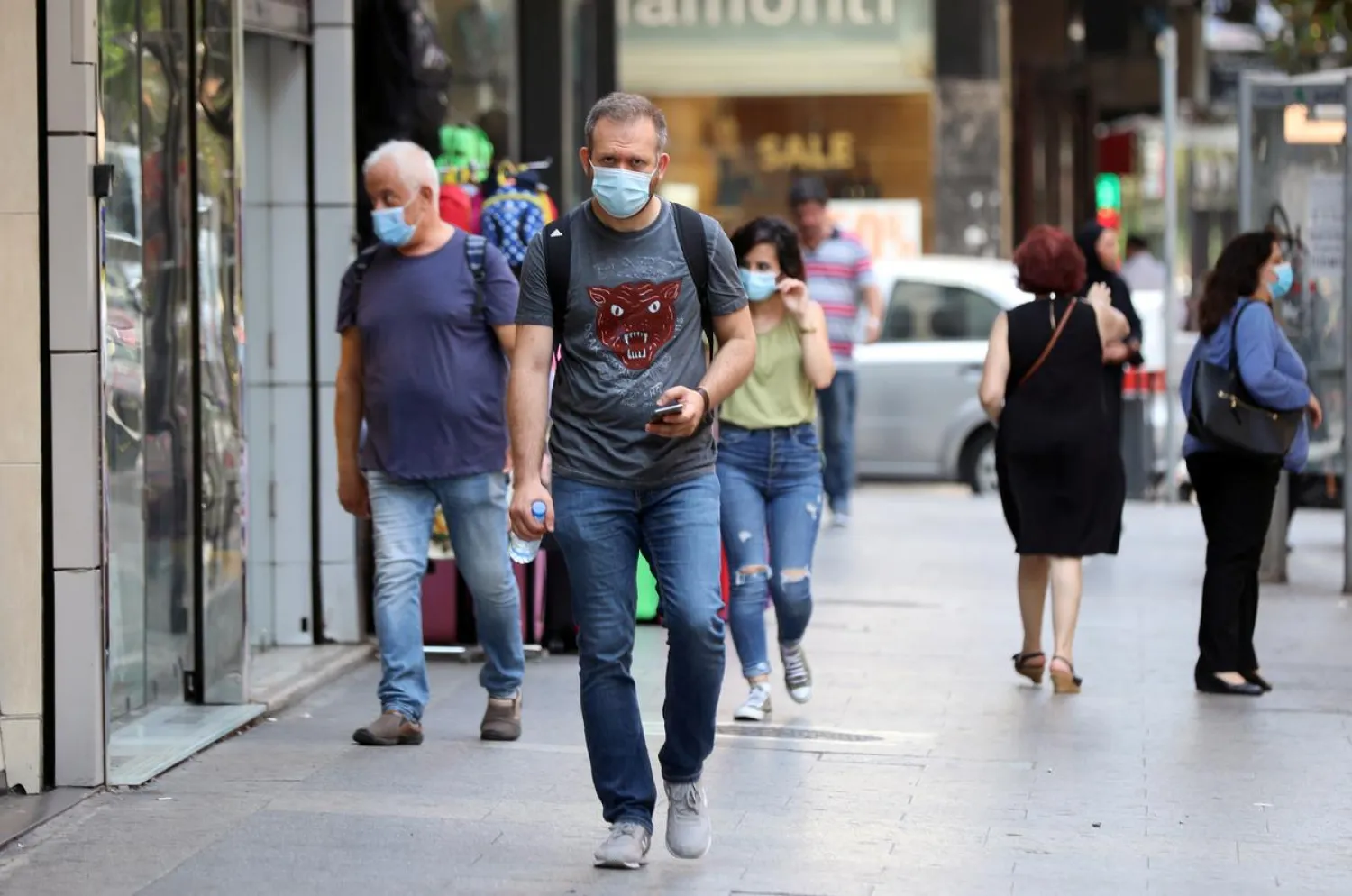Caretaker Health Minister Hamad Hassan said on Monday that Lebanon should be locked down for two weeks after a spike in COVID-19 infections.
"We declare today a state of general alert and we need a brave decision to close (the country) for two weeks," the minister told Voice of Lebanon radio.
Lebanon registered a record 439 new coronavirus cases in 24 hours on Sunday.
That brought the total number of infections to 8,881 cases, including 103 deaths since the start of the outbreak in February.
Separately, the UN agency for Palestinian refugees, UNRWA, said four Palestinians died of the virus over the weekend — doubling to eight the number of dead so far in Palestinian camps.
A planned return to lockdown was abandoned in the wake of a massive explosion that ripped through large parts of Beirut on August 4, forcing thousands of people to seek medical attention at the capital's already overwhelmed hospitals.
People remained in the streets in the following days, helping clean up and distribute aid as well as holding angry protests against the government, largely blamed for negligence that led to the explosion at the port.
The country's health services were already strained by the pandemic before the blast, which killed nearly 200 people and injured at least 6,500 others.
Dr. Firas Abiad, director general of Rafik Hariri University Hospital which is leading the fight against coronavirus, described the situation as “extremely worrisome,” warning that without a lockdown, the numbers will continue to rise “overwhelming the hospital capacity."
Hassan urged every expatriate or foreigner returning to Lebanon not to leave their hotels until they are tested and cleared. People traveling to Lebanon will be required to be tested both before and upon arrival.
He also called for field hospitals and said some public hospitals will exclusively handle virus patients.
Petra Khoury, medical adviser to outgoing Prime Minister Hassan Diab tweeted that COVID-19 positive rate has increased from 2.1% to 5.6% in just four weeks.
“The virus doesn’t differentiate between us. A rate 5% is real threat to all our nation,” she warned.









